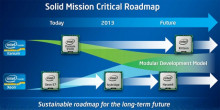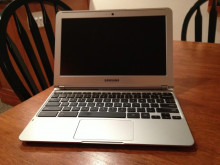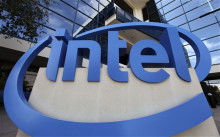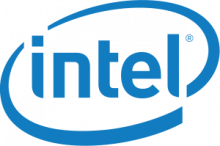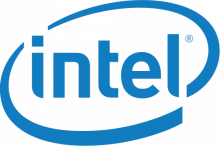Itanium and Xeon CPUs to share chipsets, motherboards
The majority of CPUs from Intel inside servers these days are Xeon processors, server-specific chips that are typically derived from the same basic architecture the company uses in its desktop and laptop CPUs. There's another chip that lurks in its shadow, though: Itanium, Intel's first crack at a 64-bit processor architecture, which eventually floundered when AMD produced a 64-bit instruction set that didn't break compatibility with then-prevalent 32-bit operating systems and applications.














































